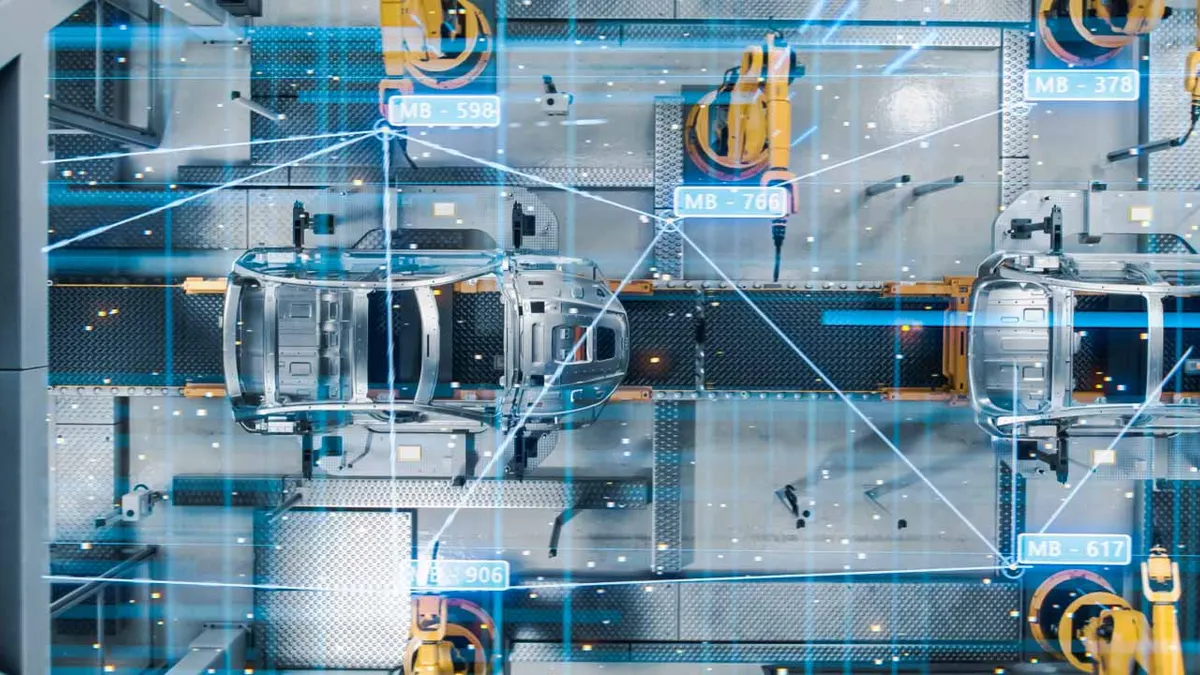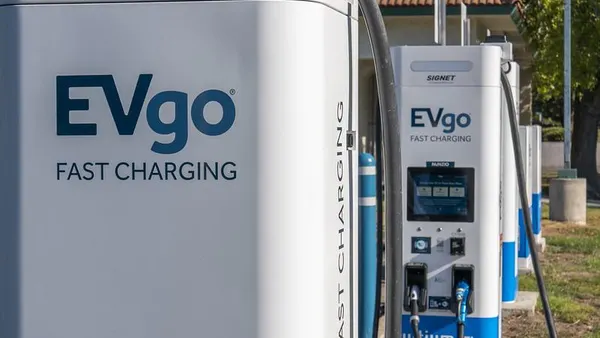The automotive industry has undergone a seismic transformation over the last several decades. In 2005, most vehicles were mechanically sophisticated but had limited digital capabilities and integrations. Today, the automobile is a computer on wheels: software-defined, cloud-connected, increasingly autonomous and continuously evolving through over-the-air (OTA) updates.
Advancements in technology have fueled this acceleration at an incredible pace. Just take, for example, electric cars: They accounted for 18% of sales in 2023, up from just 2% in 2018. Inexpensive sensors, high-speed wireless networks and the cloud have enabled a complete transformation — with data, analytics and AI now central to the entire lifecycle of the automobile.
To help automotive companies keep pace with this incredible rate of change and speed toward further innovations, Snowflake is bolstering its AI Data Cloud by offering Automotive Solutions especially tailored to the industry.
Here, Tim Long, Snowflake’s Global Industry GTM Lead for Manufacturing, and Pugal Janakiraman, Snowflake’s Field Chief Technology Officer for Manufacturing, outline some of the biggest challenges and opportunities that auto companies face today.
Data plays a critical role in all the innovations happening in and around the auto industry. What are the challenges that this industry faces in harnessing their data and putting it to full use?
The data required to drive the industry forward has traditionally been very challenging to conquer for a number of reasons:
- Siloed data: Data is siloed across all automotive design, production and aftermarket systems, making it almost impossible to analyze end to end across the entire vehicle lifecycle.
- Data volume: The sheer amount of data has increased dramatically with the rapid rise of sensors in manufacturing processes and connected vehicles. A single car, for instance, can generate more than 20 GB of data per hour — and that’s on the conservative end. With around 100 million cars produced a year globally, that’s a seriously big number.
- Legacy infrastructure: Legacy infrastructure has limited scalability, which is needed to develop autonomous driving solutions or “digital twins” used in automotive design.
- Difficult cross-enterprise collaboration: Productive cooperation between the automotive OEMs and their thousands of suppliers, partners and customers is cumbersome and complicated.
Over the last few decades, the auto industry has largely focused on driving efficiency within a particular process area or a siloed system, such as product lifecycle management, enterprise relationship planning (ERP) and manufacturing execution systems. But now, with unlimited compute available in the cloud, along with big data analytics tools maturing with AI, organizations can build efficiencies that go far beyond the silos of a department or system.
That said, this cloudification journey presents new challenges, given the sheer volume and velocity of data generated from “connected” cars. What’s more, the fear of vendor lock-in has pushed many auto companies to adopt multi-cloud strategies, and that has ultimately led to persisting data silos — evolving beyond on-premises systems and into cloud infrastructure as well.
What are the key capabilities Snowflake offers to address these challenges?
Snowflake’s Automotive Solutions include our powerful data sharing and AI capabilities, combined with specialized partner solutions, to enable the entire auto ecosystem of suppliers, original equipment manufacturers (OEMs), distribution, sales and service providers to seamlessly collaborate on vehicle development, optimize production processes, and leverage real-time data insights across the entire automotive value chain.
With Snowflake, the automotive industry can expect a data-driven transformation to be:
- Easy: With Snowflake, companies can unify enterprise, shop floor (IT/OT) and vehicle data — whether structured or unstructured — all in one place, and they can leverage Snowflake’s analytics capabilities to analyze it all without moving the data around.
- Connected: Snowflake enables seamless end-to-end visibility throughout the value chain, from R&D to the after-sales domain.
- Trusted: With built-in security, governance and high-availability architecture, Snowflake’s managed service for AI and data workloads provides a solid foundation for building automotive solutions with confidence and speed.
Looking ahead, what’s the automotive industry’s next frontier? What’s it going to take to get there?
All auto companies are embarking on an AI-driven digital transformation, leveraging data generated across the vehicle development process. A key to succeeding on this journey is having a robust data strategy and a data management platform agnostic of underlying cloud infrastructure.
Snowflake can help accelerate this journey with our AI Data Cloud and prebuilt solution offerings. With such full integration of all data, the industry can soon speed toward delivering AI-powered digital twins, fully autonomous fleets and personalized mobility services.
Join Snowflake’s AI Data Cloud for Manufacturing to access new automotive solutions and partnerships today. And register for our June 17 webinar, Accelerating Automotive Innovation: Drive the Future of Mobility with AI and Data, where Long will be joined by Penske Logistics Vice President of Data Science and Analytics Vishwa Ram for a discussion around the most pressing AI and data challenges and opportunities in the auto industry.










